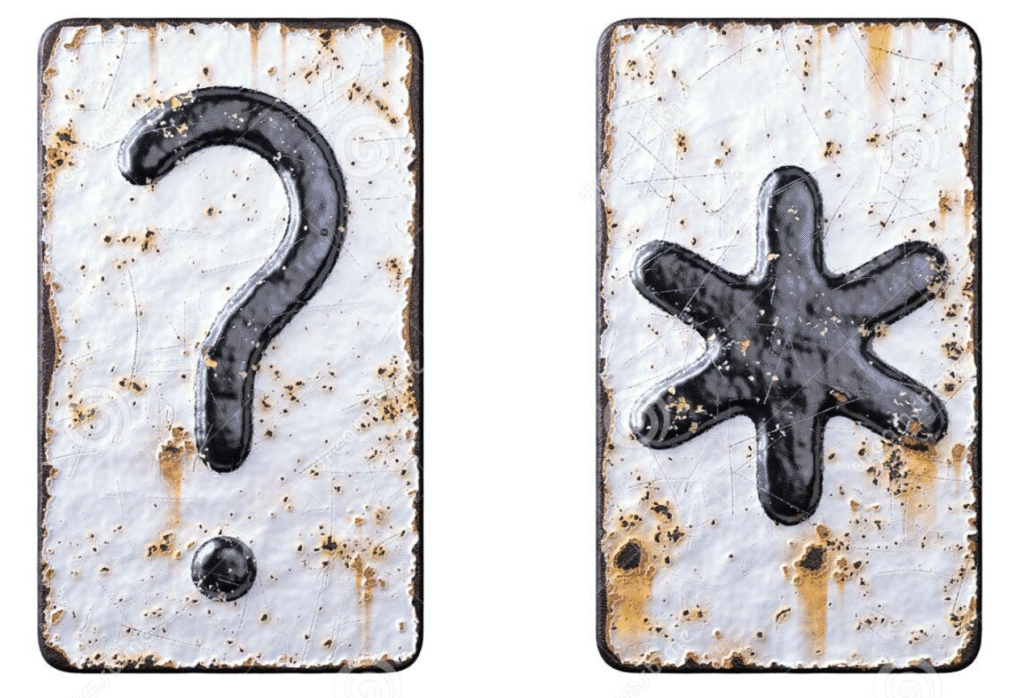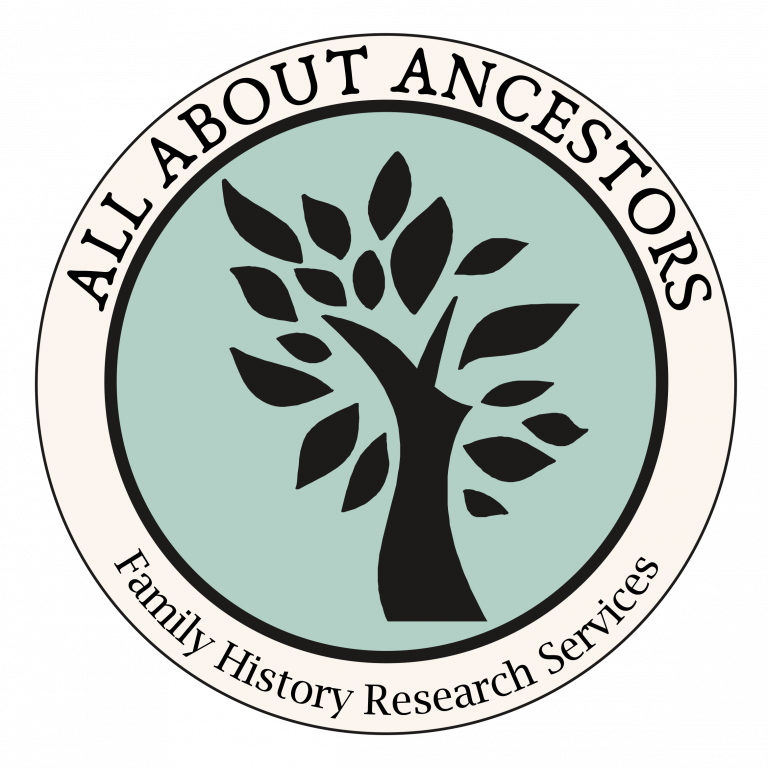Wildcard search genealogy helps family historians overcome brick walls and spelling errors.
If you’ve ever struggled to track down an ancestor because of spelling variations, you’re not alone. Inconsistent spellings and transcription errors are some of the biggest frustrations for family historians. Fortunately, wildcard searches can make all the difference — allowing you to search flexibly and uncover records you might otherwise miss.
Wildcard Search Genealogy: Breaking Brick Walls in Family History
Learning how to do wildcard search genealogy can make all the difference between tracking down an ancestor, and never finding him or her. Some of our ancestors seem determined to evade us, but all is not lost!
Inconsistent spellings and transcription errors are among the biggest frustrations for family historians. Fortunately, the use of wildcards allows you to search flexibly across databases and uncover records you might otherwise miss, even when names were written or transcribed differently, as they so often were in the past. You must be flexible: just because your family have always spelled their surname one way in the 20th century, this does not mean that all the records will agree with your modern-day spelling.
For example, my grandmother was always very quick to tell people that her maiden name was “Pearse with an S, not with a C!” However, going back in time, I have found her direct ancestors with a variety of spellings, including Pierce, Pearce and even Pease, as well as Pearse.
The practice comes from people simply not being able to read and write or even spell their own names. So the local vicar or enumerator wrote down whatever he heard or whatever he thought was best. Spellings only standardised in the last 120 years or so, and you will often find spellings inconsistencies right through until the 20th century. And sometimes, the spelling an ancestor gave was deliberately wrong, as MyHeritage explain on their page about why census records had conflicting information.
What Are Wildcards?
Wildcards are symbols that replace unknown letters when searching genealogy databases like Ancestry, Findmypast, or FamilySearch. They’re especially useful when surnames were spelled in multiple ways over time or when handwriting and indexing errors have crept into transcriptions.
The two most common wildcard symbols are:
1. The Asterisk (*) – Matches any number of characters
Use this when you aren’t sure how a name ends (or begins).
Clark* will return Clark, Clarke, Clarkson, Clarks, etc.
*son can bring up Johnson, Gibson, Dickson – perfect for surname studies.
2. The Question Mark (?) – Matches a single character
Use this when only one letter might vary.
Sm?th will match Smith and Smyth.
Cath?rine could find Catharine and Catherine.
Dav?s could return Davis and Davys – handy for older or rarer spellings.
Wildcard Search Genealogy for Place Names
Wildcards aren’t just for individuals – they’re great for locations too:
- Ch*ster could return Chester, Chichester, Colchester.
- *wich might uncover Norwich, Ipswich, Sandwich.
This wildcard search genealogy method is invaluable when dealing with shifting local spellings or transcription quirks in historical records.
General Tips for Using Wildcards
- Check the rules for each site. Most genealogy platforms allow wildcards, but requirements vary. For example, some insist on at least three letters before you can use a symbol.
- Don’t go too broad. A search like *ark* could bring up thousands of irrelevant results.
- Think creatively. Wildcards can help you spot spelling variations you may not have considered.
Why Wildcard Searches Matter
Mastering wildcard search genealogy techniques is one of the simplest and most effective ways to break through research barriers. Whether the challenge lies in unusual spellings, transcription errors, or shifting naming conventions across generations, wildcards allow you to uncover ancestors who have been hidden by time and inconsistency.
Understanding how to use wildcard search genealogy effectively will transform the way you explore family history. On platforms such as Ancestry, Findmypast, FamilySearch, and MyHeritage, wildcard symbols make your searches far more flexible and forgiving. Combined with thoughtful genealogy search tips, these tools help you piece together lost connections, rediscover forgotten relatives, and open new branches of your family tree.
Next time you hit a brick wall, try experimenting with an asterisk or question mark in your search box. A small change can produce big discoveries, revealing records that standard searches have overlooked.

Need Help Finding Your Ancestors?
Family trees full of asterisks and question marks don’t have to stay that way. I can help you turn uncertainty into clarity with expert research and clear reports. Take a look at my research pages or contact me to find out more information on how I can use wildcards searching to find your ancestors.
